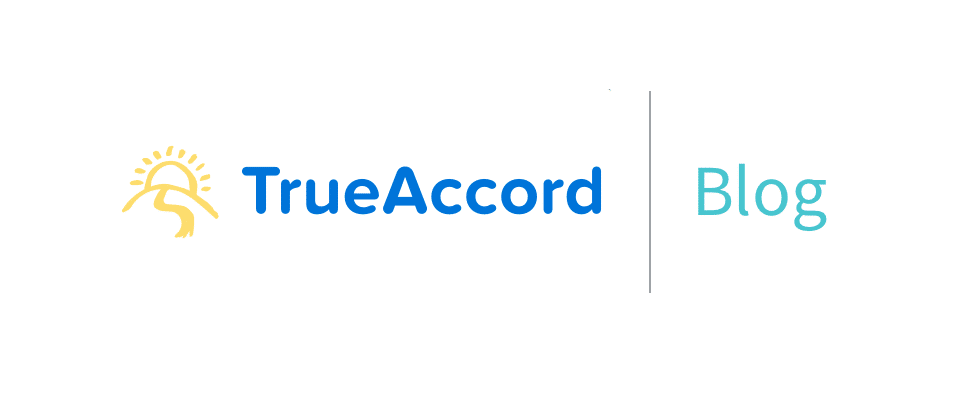
Ensuring regulatory compliance in debt collection is a high stakes and increasingly complex process. As we know, the industry is constantly evolving and collections strategies must adapt.
At the end of July, the Consumer Financial Protection Bureau (CFPB) announced that the final rules issued under the Fair Debt Collection Practices Act (FDCPA) will take effect as planned on November 30. The new rules focus on the time, place, and manner of debt collection communications, the expansion of those communications through digital means, and enhanced disclosures that collectors must provide consumers with at the beginning of collection communications.
To help explain and analyze the new rules, TrueAccord recently hosted a webinar featuring two members of our in-house legal team: VP Legal & Compliance, Kelly Knepper-Stephens and Associate General Counsel, Katie Neill.
You can check out the full webinar on-demand, but key takeaways to listen for include:
- Regulation F outlines the first-ever guidance for digital communication efforts in collections – effectively giving the green light to make alternative collection efforts more mainstream. The rule explicitly outlines email and SMS communication but also includes language for digital outlets that might not be in use for collections today or even in existence yet – a nod to social media and consumers willingness to be contacted privately on those platforms.
- Furthermore, the rule does not change the federal law as it relates to consent to email. No consent is required to send debt collection emails, just like no consent is required to make calls or send letters.
- “The devil is in the details for Regulation F;” the implementation of each new provision turns on the Bureau’s explanation in the preamble and examples in the comments. Legal and compliance teams should be the engine that makes sure the organization is in compliance with this guidance when the rule takes effect later this year.
- Unlike regulations in regards to phone-based collections, there is no cap on outreach frequency in digital communications like email. This is because consumers and email providers self-regulate the communications frequency – collectors must design deliverability carefully to be successful, and if collectors email without a self-imposed cap their communications will be marked as spam or not delivered.
- As a digital-first collections agency, TrueAccord is ahead of and prepared for the guidance that will be put in place at the end of November. As a leader in this style of collections, TrueAccord leveraged a lot of data and consumer preference insights to help inform these new rules. The issuance of Regulation F is a significant validation by the top financial services regulator of TrueAccord’s business model.